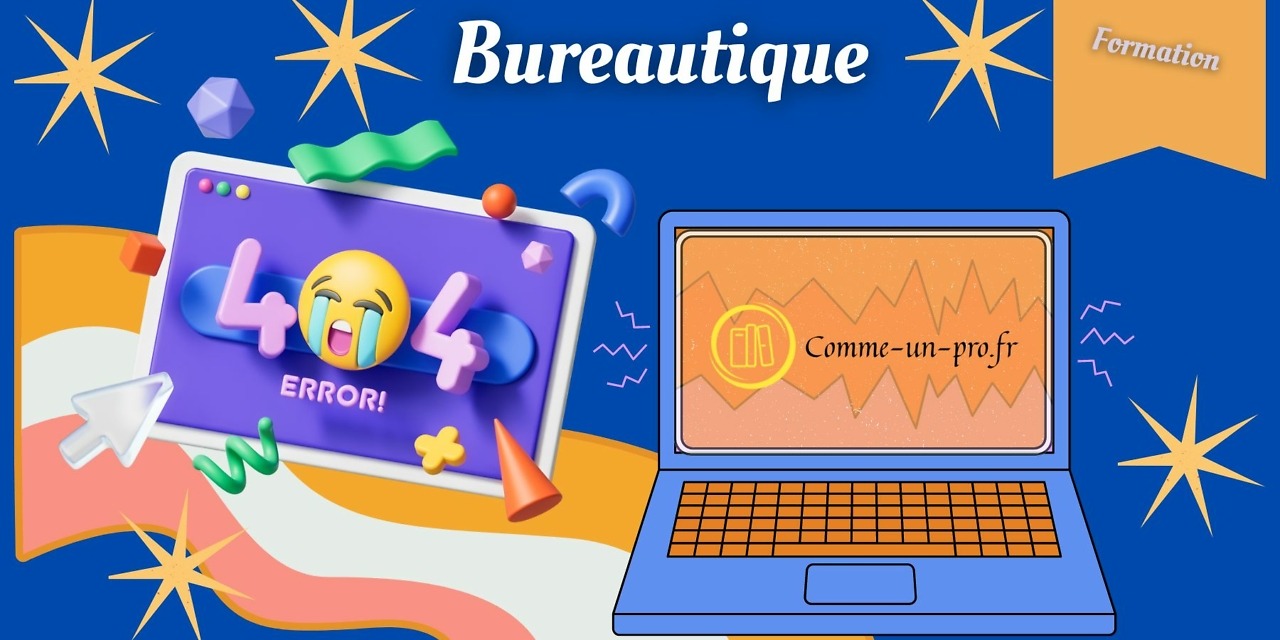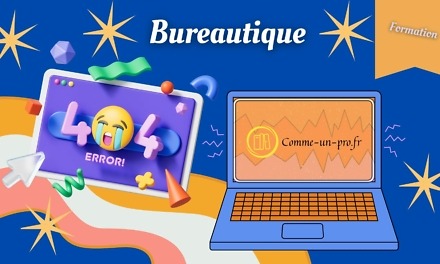Gmail security features for business
Gmail for business, integrating with the office suite known as Google Workspace, offers advanced features to protect business data and ensure secure communications. Here are some of the main security features of Gmail for business:
- TLS encryption : Gmail for business uses the Transport Layer Security (TLS) encryption protocol to secure communications between mail servers and mail clients. This ensures that sensitive data cannot be intercepted while in transit.
- Two-factor authentication : To add an extra layer of security, Gmail for business offers two-factor authentication (2FA). This method requires users to provide two credentials to access their account: a password and a unique verification code, usually sent via text message or generated by an authenticator app.
- Protection against phishing attacks and malware : Gmail for Business uses advanced technology to detect and block phishing attacks, malware, and spoofing attempts. Suspicious messages are automatically flagged and placed in a separate spam folder, protecting users from potential threats.
- Data backup and recovery : In the event of accidental email deletion or data loss, Gmail for Business offers backup and recovery options to help businesses get their important data back. Administrators can also configure retention policies to ensure that data is retained for a specific period before being permanently deleted.
These features are just the beginning of the security measures Gmail has in place for the enterprise to protect your business data. In the next section, we'll look at other important security and privacy aspects offered by Gmail in the enterprise.
Privacy protection with Gmail in business
Privacy is an essential part of business data security. Gmail for business is putting measures in place to ensure confidentiality of your information and respect for the privacy of your employees. Here are some of the measures taken by Gmail in the enterprise to ensure the protection of privacy:
- Compliance with global standards and regulations : Gmail for business complies with various international data protection standards and regulations, such as the General Data Protection Regulation (GDPR) of the European Union and the Health Insurance Portability and Accountability Act (HIPAA) of USA. These regulations ensure that data is processed and stored securely and in accordance with legal requirements.
- Data transparency and control : Gmail in business offers full transparency on the use and storage of data. Administrators have access to detailed reports on service usage and can set data management policies to control how data is stored and shared.
- Separation of personal and professional data : Gmail in business makes it possible to separate the personal and professional data of the users, thus guaranteeing the confidentiality of the personal information. Admins can set policies to prevent the mixing of personal and work data, and employees can easily switch between their personal and work accounts.
- Third-party app security : Gmail for business offers options to manage third-party app access to user data. Admins can control which apps can access company data and can revoke access when needed. This ensures that sensitive data is not shared with unauthorized or untrusted applications.
By combining these privacy safeguards with the advanced security features described earlier, Gmail for Business offers a complete solution for protecting business data and employee privacy. In Part XNUMX, we'll cover some tips for making your business even more secure with Gmail.
Train your employees for secure use of Gmail in business
Employee training is crucial to ensure business data security when using Gmail for business. By educating your employees on best practices and providing them with the necessary resources, you can significantly reduce cybersecurity risks.
First, hold regular training sessions to educate your employees on common threats like phishing, spam, and malware. Teach them to recognize the signs of suspicious email and report any incidents to the IT team. Remember to emphasize the importance of never sharing their passwords with other people.
Next, educate your employees on best practices for creating and managing passwords. Encourage the use of complex and unique passwords for each account and encourage them to use a password manager to securely store this sensitive information. Also explain the importance of changing passwords regularly and implementing two-factor authentication (2FA) to increase the security of their account.
Finally, encourage your employees to train online thanks to the many available resources on major e-learning platforms. There are many free online courses and trainings that deal with cybersecurity and data protection. By investing in the ongoing training of your employees, you will help create a corporate culture focused on security and data protection.
In summary, to protect your work data with Gmail in the enterprise, it is essential to implement security protocols, use the advanced features of Gmail and train your employees in cybersecurity best practices. By taking these steps, you can use Gmail with confidence to manage your business communications securely.


